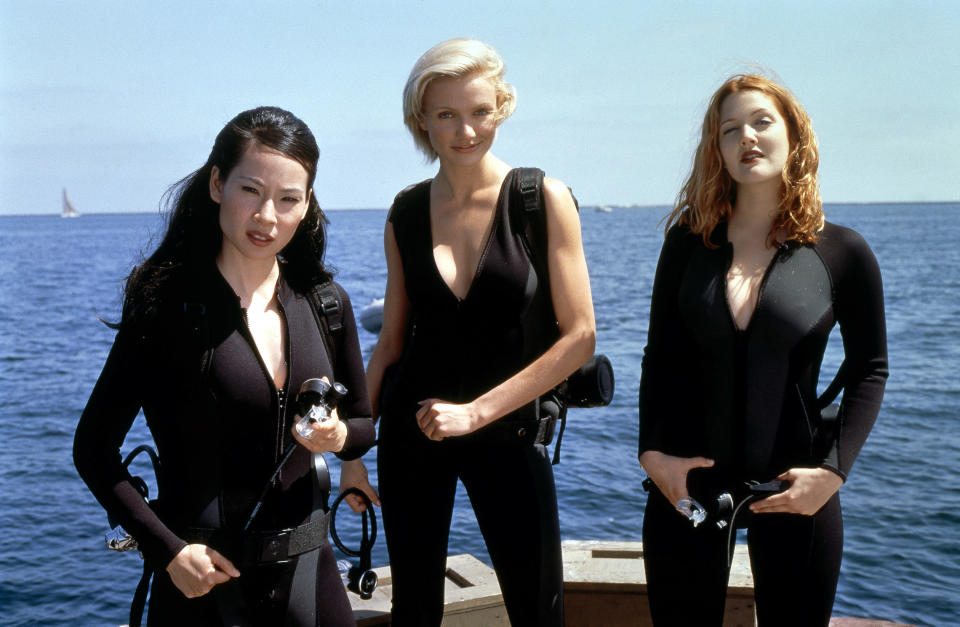After Being Called Out For Perpetuating Asian Stereotypes In Hollywood, Lucy Liu Opened Up About Her Thoughts On The Matter
- Oops!Something went wrong.Please try again later.
Lucy Liu has been in the industry for over three decades. She's broken many barriers and helped pave the way for younger generations of Asian actors.
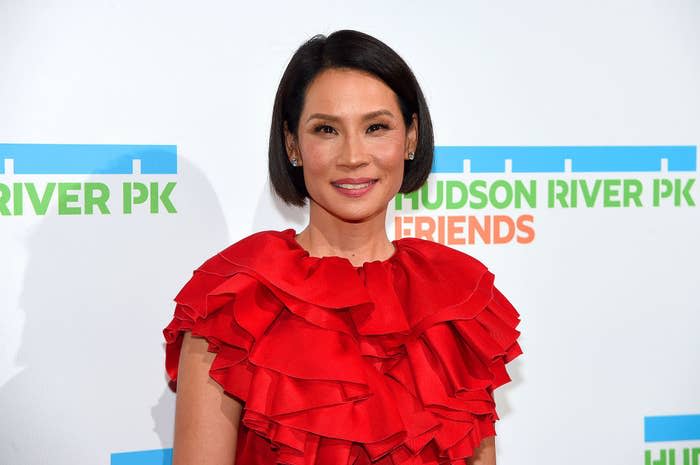
However, her roles have also been criticized for perpetuating negative Asian stereotypes. A 2021 Teen Vogue article named O-Ren Ishii — the character Lucy played in Kill Bill: Vol. 1 — an example of the dragon lady trope. This was defined as an Asian female character who is "cunning and deceitful" and "uses her sexuality as a powerful tool of manipulation, but often is emotionally and sexually cold and threatens masculinity."
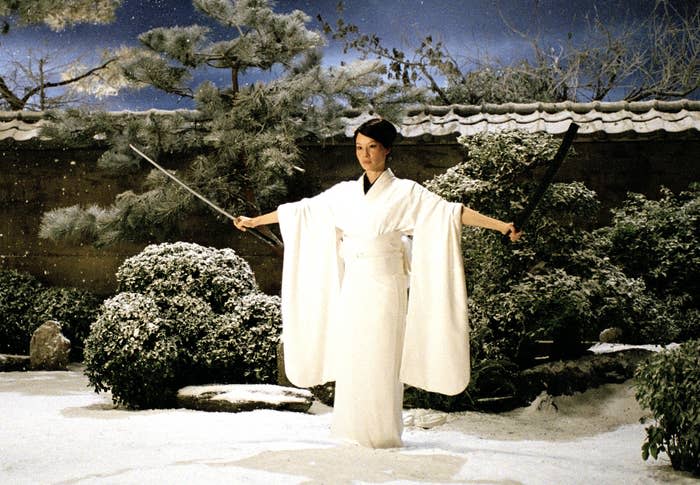
At the time, Lucy responded in an essay for the Washing Post, writing "Kill Bill features three other female professional killers in addition to Ishii. Why not call Uma Thurman, Vivica A. Fox, or Daryl Hannah a dragon lady? I can only conclude that it's because they are not Asian. I could have been wearing a tuxedo and a blond wig, but I still would have been labeled a dragon lady because of my ethnicity."
This backlash is nothing new. Back in the late '90s and early 2000s, her portrayal of Ling Woo in Ally McBeal was also called out for playing into the dragon lady trope.
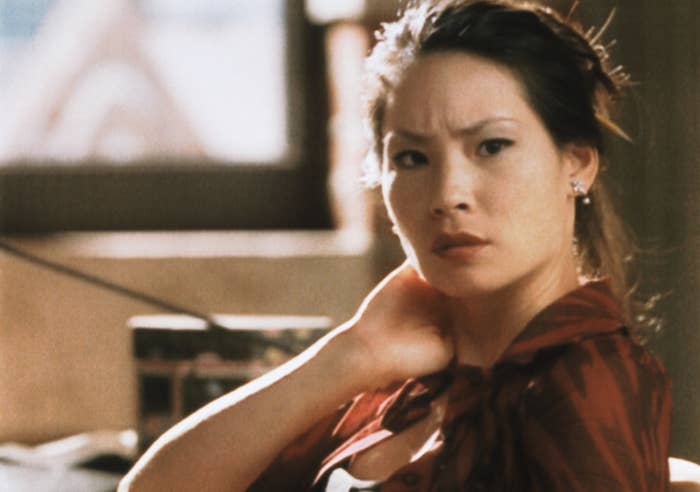
Well, Lucy recently opened up about all this in an interview with the Cut. When asked if she feels conflicted about these roles being simultaneously celebrated and criticized, she said, "I think it’s really prescriptive and defining something from another time. There’s no way to win. It’s not what I went in with."
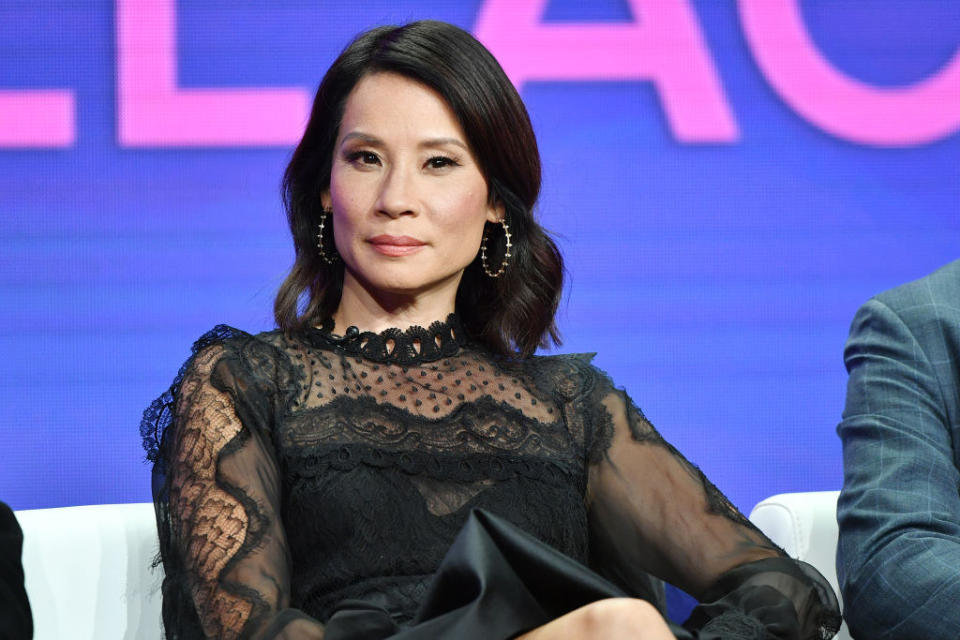
"I happen to be Asian. I like that Ling was sure-footed and was funny because she was so sure. I don’t know that she always made the best choices, but she thought she did, and that’s okay," she continued.
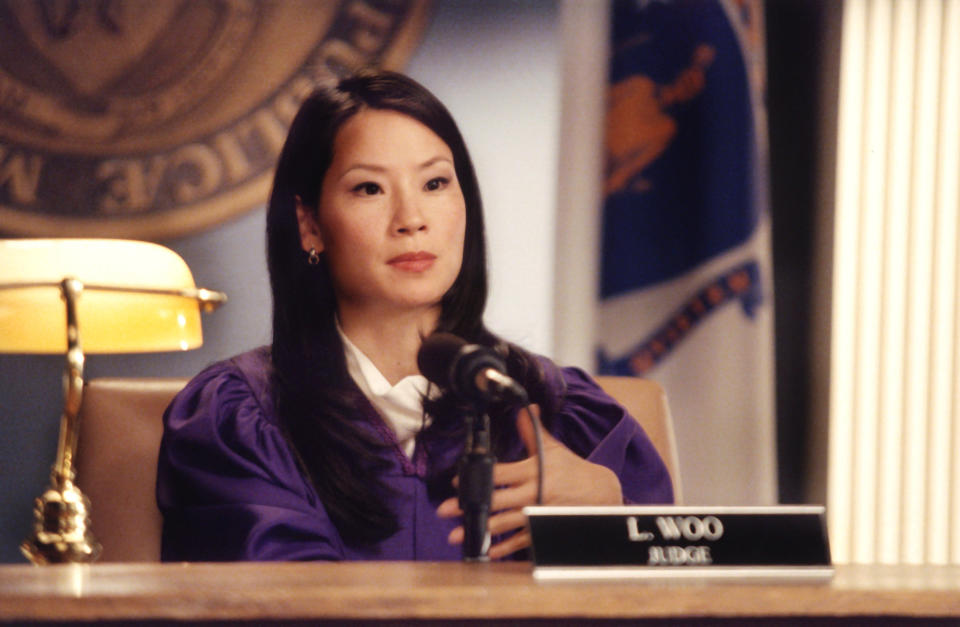
"With Kill Bill, the bottom line is that there were other women doing the same thing, so why pull my character out as an example? You take any character and switch them out and make them Asian, and people would say, 'Oh, this is what they were doing there.'"
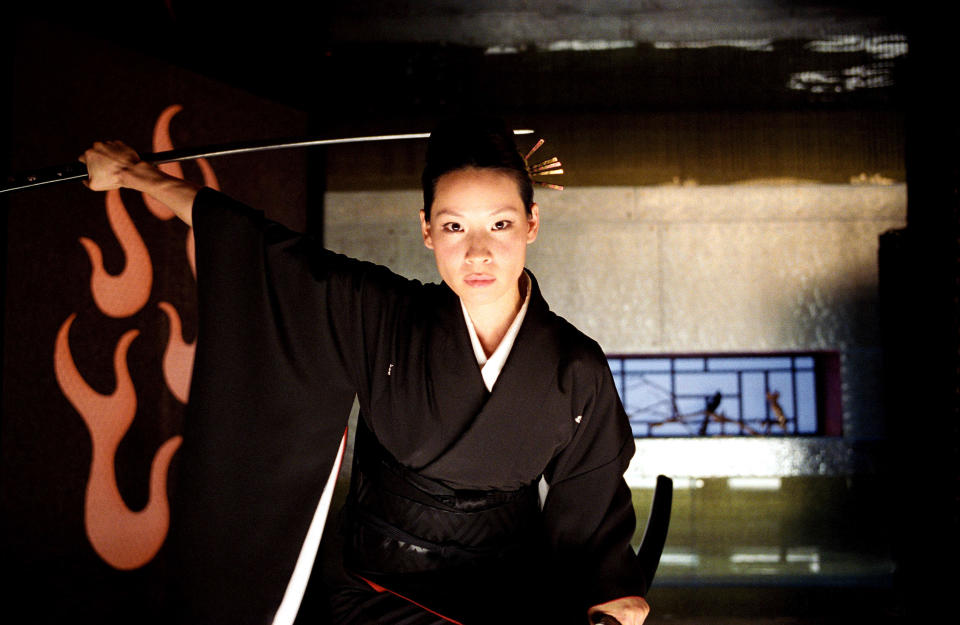
When asked if it stings that it's usually an Asian writer who covers her "problematic" Hollywood history, she responded, "That’s their opinion and how they feel. They don’t feel like we’re far along enough, and they want to use me as an example of what’s not far along enough. That’s okay."
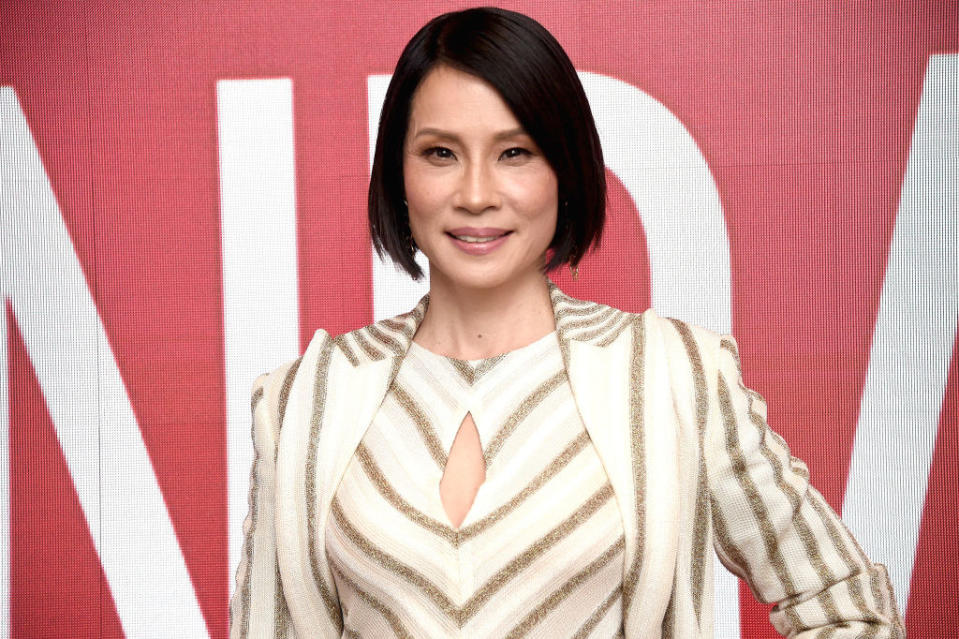
"I put out the work. Not everyone’s going to like it. I’m sure there are tons of people who don’t like my work or my career or me. I’m not here to change somebody’s mind. I don’t want to go out with somebody who doesn’t want to go out with me. You want to convince someone to love you, but the decision, that’s their prerogative."
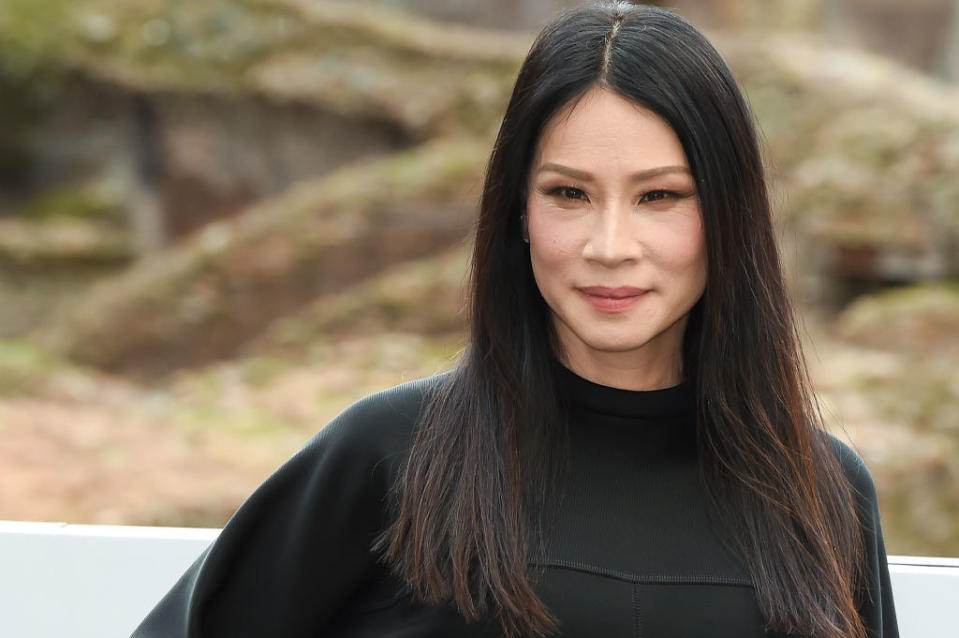
Lucy pointed out the positive representation of Alex Munday in Charlie's Angels, where her character's name was not changed to match her Chinese identity, yet she was able to "embody" the character with her "history and culture."
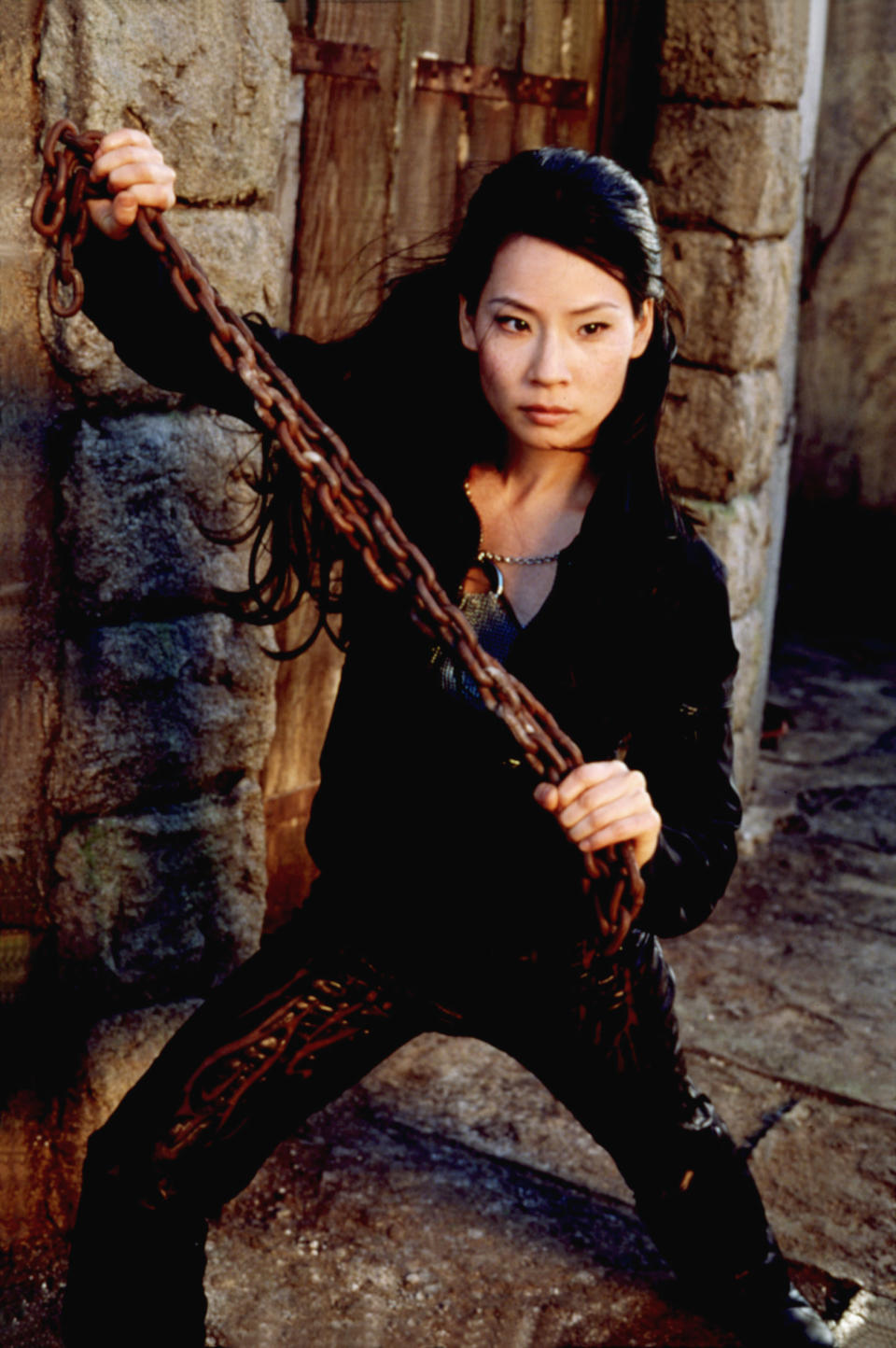
"The main point was that in order to shatter the ceiling, you needed to do things that were conventionally significant. Charlie’s Angels was such a big move because it was such a big piece of Americana. It was an important distinction to have Alex Munday instead of Alex Woo just to show the history," she said.
